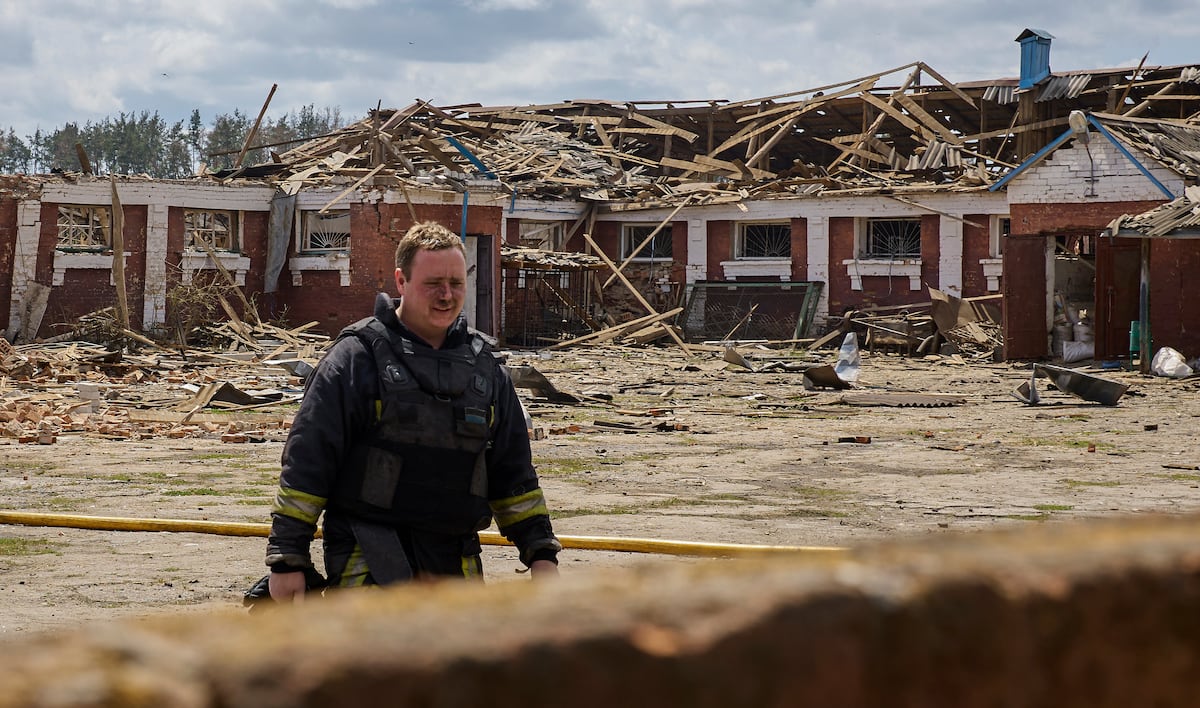US Grants Ukraine Limited Permission to Use American Weapons in Defense of Kharkiv
In a strategic shift, the US Government has quietly granted limited permission to Ukraine to utilize weapons supplied by Washington for attacks on Russian targets. This permission is specifically to support the defense of Kharkiv, a key city under relentless assault by the Russian Army. This development indicates a notable change in Pentagon’s strategy, although it stops short of allowing long-range strikes within Russian territory, which the US has consistently opposed since the onset of the Russian invasion in February 2022.
Official sources from the Biden Administration have confirmed that this decision was made in light of deteriorating Ukrainian prospects in the eastern regions. As Russian forces opened a new front north of Kharkiv in early May, the need for enhanced defensive measures became critical. While Ukrainian forces have been aware of the concentrating enemy troops, the authorization now enables them to target adversary units across the border, provided no civilian targets are struck.
This recent policy shift aligns with broader debates within NATO regarding the usage of Western-supplied weapons in Ukraine. The issue is expected to gain further traction in an upcoming NATO meeting in Prague, where foreign ministers will deliberate on extending the range of allowed attacks into Russian territory. Some NATO members, including Germany's Green Party politician Anton Hofreiter and NATO Secretary General Jens Stoltenberg, argue that international law permits such defensive actions.
Countries like Great Britain have already relaxed restrictions, allowing Ukraine to strike legitimate military targets within Russia. This position is supported by the UN Charter's provisions for self-defense. However, Germany's Chancellor Olaf Scholz remains cautious, emphasizing the risks of direct involvement in the conflict through the use of German-made weapons. Despite this, increasing pressure from various member states calls for a unified and more flexible stance.
Within the US, there is growing pressure on President Biden to reconsider the current limitations. Although the policy of prohibiting attacks on Russian targets with US weapons remains unchanged, Secretary of State Antony Blinken has indicated potential flexibility, acknowledging evolving demands and the critical situation near Kharkiv.
Ukrainian President Volodymyr Zelensky has persistently lobbied for enhanced military support to tackle Russian logistics and defensive positions. Zelensky has expressed gratitude towards Germany for its multifaceted military assistance, even as he continues to press for the provision of Taurus cruise missiles essential for disrupting Russian operations.
As NATO's foreign ministers meet, the focus will be on whether to recalibrate current policies, enabling Ukraine to leverage its arsenal of Western missiles to preemptively strike at the sources of attacks. This could mark a significant shift in the Ukraine war, potentially altering the balance as Kyiv seeks to move from merely responding to Russian aggression to taking proactive defensive measures.
- According to anonymous US officials, the strategic change was decided upon by President Joe Biden himself, reflecting the urgent need to bolster Ukraine's defensive capabilities amid escalating attacks in the eastern region.
- The pressure to allow Ukraine to use Western weapons in defense of its territories is not just confined to the US. European leaders and NATO officials are also weighing the consequences of limiting Ukraine's ability to fully utilize the military support they receive.
- In his statements, NATO Secretary General Stoltenberg has emphasized that easing these restrictions would not only support Ukraine's immediate defensive needs but also reinforce the principles of self-defense under international law.
- The meeting of NATO foreign ministers in Prague is anticipated to be a pivotal point in the Ukraine conflict, where decisions made could set a new course for military support strategies.
- Germany's Chancellor Scholz, while cautious, acknowledged the potential necessity of revising the current stance on military aid, aligning with the perspective that such measures could contribute to a stable defense framework for Europe.






